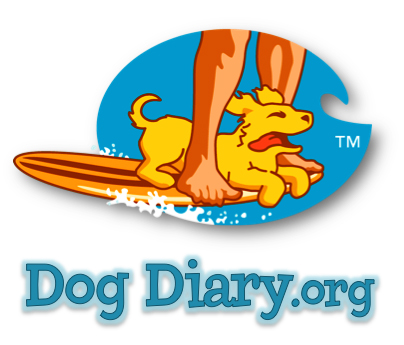Who doesn't live outside when spring and summer rolls around?
But lurking in the yard are possible pet hazards. What are your garden risks?
Pests for pets
Ticks live outside - and can carry lyme disease to you and your pet
Ticks rub off the grass or trees onto your dog as they walk by. They go viral in spring, until frost season. Lyme disease is always a concern. It’s an epidemic in many parts of the country - a disease carried by deer ticks to people and pets. Here are the top ten tips for managing your risks of lyme for your human and canine family. This is serious stuff.
Fleas nest in the yard in warm, temperate climates
Make sure you treat the yard, the car (floor mats and wherever the pet sits after a road trip) and dog beds, as well as the dog to prevent flea outbreaks. Pay close attention to flea removal after visiting a public park with other dogs. Watch out for a sand flea infestation - that can occur after visiting places like Dog Beach. Also, do you have a cat or other furry friend that fleas can jump onto, after a dog carries them inside?
Mosquitos live where it’s wet – near rivers, streams, lakes - and your yard
This could be breeding in your bird feeder, bird bath, potted plants, outdoor storage draped with tarps, or buckets that fill up after the sprinklers run, or after it rains. Any small water pool can breed mosquitos. They can carry heartworm, which is deadly to dogs.
Risky Gardens?
A dog-friendly garden means peace of mind for you and a chance for your dog to explore the garden without coming across plants and garden accessories that could make them ill. Be on the look out for:
Toxic plants.
Some plants, if ingested can be toxic. And that includes not only blooms and leaves, but seeds, bulbs and tubers too. Using these plants in parts of the garden that your dog can’t reach is one solution or, if this is not possible, not planting them at all. Take a look at the list of toxic plants.
Irritating plants
If the canine member of the family seems to be constantly scratching or has a runny nose and eyes, it could be the plants they are brushing up against in the garden. Which plants are irritating your pet?
Hazardous chemicals
Most pet owners know the problems that slug pellets can cause but there are other commonly used garden products that could present a concern. Are you sure that what you use is not causing a problem to Fido?
Garden design issues
Ponds are great for introducing even more biodiversity into a garden but are you confident that it, along with other garden features, are not dangerous to your dog?
Handy dog-friendly garden guide:
This is a great start on yard design from Rattan Direct, based in the U.K. It does have some funny British spelling in it:




